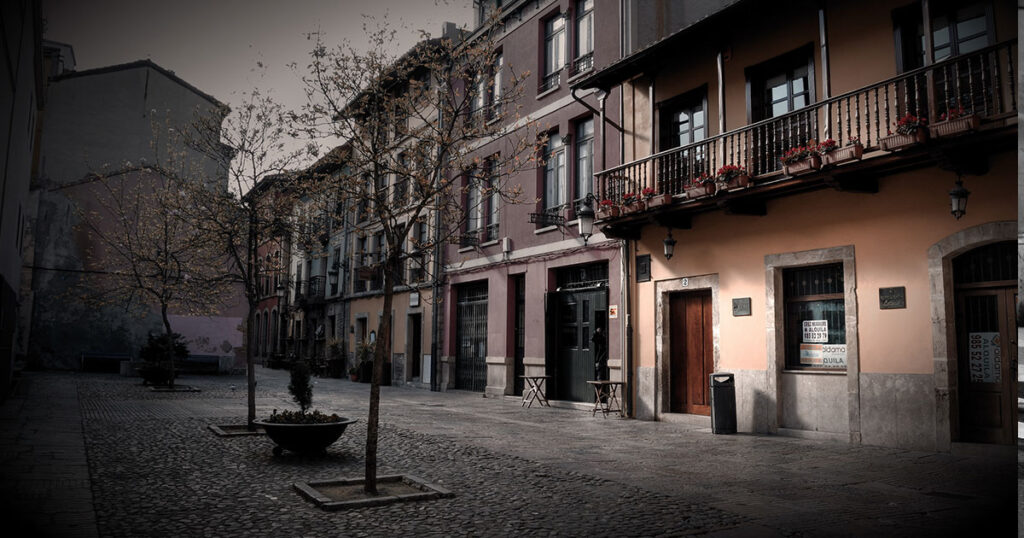
Conchita is an old woman who lives two blocks from me, and María is her caretaker. Monday through Friday at 11 o’clock, weather permitting, the two women go out for a walk. One of their stops is the bench outside the home of another old woman, Concha, who lives in my lane. Often, before they rest on Concha’s bench, María and Conchita continue along the lane to where it dead ends just beyond my house, whereupon they turn around and head back to the bench. From my living room or my patio, I often hear María’s singsong voice as she comments on what she sees: a bird in the branches of the loquat tree, the sheep at the end of the lane, a cat on a stone wall, new blossoms on the oregano growing in a planter outside my windows. Should I step outside to greet the two women, María will exclaim, “Ah! Here’s Clellan!” That’s a friendly welcome. But even more than a greeting to me, the announcement is for Conchita, whose vision, I learned one morning in early summer, is abysmal. María’s comments are not just comments, not just conversation, but information fed to Conchita.
Conchita turned 94 in August. Her mind seems sharp enough, her limbs function fine, and she walks several blocks with only the aid of María’s arm to steady her. Her hearing, too, is fine. But what she wanted on that particular morning, a fine sunny day in June with a bit of breeze, Concha seated on the bench beside her, María standing near, and I stopping to say hello on my return from a run—what she really wanted, she said, was to see us. She bent forward, almost rocking, like someone keening.
How to answer Conchita, grieving for her diminished capabilities? María was not at a loss. Rather than making a standard sympathetic response to the old woman’s lament, she tested her, suggesting that Conchita could see that my T-shirt was white. Yes, she could. And shorts black? Yes. And this yellow panel in the side of the shirt, could she see that? Conchita was sitting not five feet from where I stood beside María, yet she leaned forward, staring. Yes, she admitted. But that wasn’t good enough, she said, because what she wanted was to see our faces. She moaned, and María, rather than console her, told of her own large family-like circle of nine people occupying two adjacent apartments. Talking one day about just this matter—the losing of a sense—one of her group had said he’d rather be deaf or blind than dumb. He’d give up either sense sooner than lose his tongue.
How strange, I thought. You get nothing from the world in talking, it seemed to me, nothing anyway on a par with the information you take in through your eyes and ears. Why would someone value talking over gathering and storing?
So, I said, he would rather take nothing in as long as he had a voice to report on what he was thinking and feeling? Yes, María agreed, smiling.
How long would you have news to tell, I wondered, without the senses with which to gather information from the world around you? To only give—is that even possible? Really, it occurred to me, relay is what we do, as if playing the child’s game of telephone, taking something in and passing it on, maybe slightly altered or possibly utterly transformed by our mediation. The man María described must be like a pool, long since filled, now slowly evaporating. But that notion did not account for María, and her teasing, sympathetic laugh. No news in the laugh, just goodwill. Clear, light, and refreshing. Like a spring bubbling up, from the source itself.

